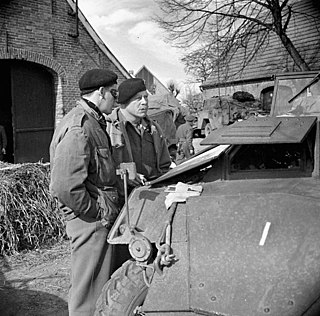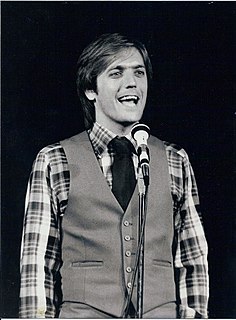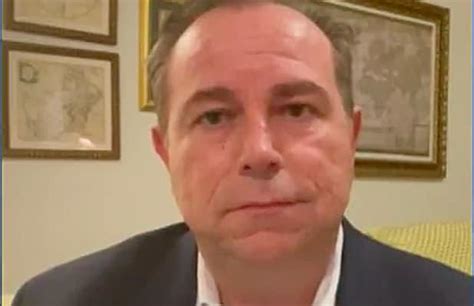A Quote by Les Wexner
I'm unhappy with the President Trump. I don't like his behavior, and I'm a Republican, and I don't like his policies because they're almost the antithesis of the American character of generosity, of charity, of welcoming, of helping, of taking risks. You think of the lives that were expended in World War I and World War II to help others, and they say now we'll draw up the bridge and we'll protect ourselves. We won't have a broader role in humanity.
Quote Topics
Almost
American
American Character
Antithesis
Because
Behavior
Bridge
Broader
Character
Charity
Draw
Generosity
Help
Help Others
Helping
His
Humanity
Like
Lives
Now
Others
Ourselves
Policies
President
President Trump
Protect
Republican
Risks
Role
Say
Taking
Taking Risks
They Say
Think
Trump
Unhappy
Up
War
Welcoming
Were
World
World War
World War I
World War II
Related Quotes
Because the US has control of the sea. Because the US has built up its wealth. Because the US is the only country in the world really not to have a war fought on its territory since the time of the Civil War ... Therefore we can afford mistakes that would kill other countries. And therefore we can take risks that they can't ... the core answer to why the United States is like this is we didn't fight World War I and World War II and the Cold War here.
I think in many ways, the Spanish Civil War was the first battle of World War II. After all, where else in the world at this point did you have Americans in uniform who were being bombed by Nazi planes four years before the U.S. entered World War II? Hitler and Mussolini jumped in on the side of Francisco Franco and his Spanish nationalists, sent them vast amounts of military aid, airplanes, tanks - and Mussolini sent 80,000 ground troops as well - because they wanted a sympathetic ally in power. So I think it really was the opening act of World War II.
We have to recognize that the reason that the global order that we've enjoyed and almost take for granted over the last several years exists is that after World War II, the United States and its allies tried to build an antidote to what they had seen between World War I and World War II. There, they'd seen protectionism, beggar-thy-neighbor trading policies, so they said, we'll build an open international economy. And they did that.
World War II made war reputable because it was a just war. I wouldn't have missed it for anything. You know how many other just wars there have been? Not many. And the guys I served with became my brothers. If it weren't for World War II, I'd now be the garden editor of The Indianapolis Star. I wouldn't have moved away.
I think Donald Trump is very uninterested in his business. In the past he would be talking up his business, but since the election, I've seen almost a laser-like focus on his job as president. What gets him lit up the most in any conversation is bringing jobs into these midwestern states that have suffered because of technology and trade policies.
The reason I called the president Donald Trump a disrupter is that he came into office 70 years after World War II, 25-plus years after the end of the Cold War. Like any president, he didn't come into office with a blank slate - he entered with an enormous inheritance of relationships with institutions, policies and the like. And in my view he is much too quick to pull the U.S. out of various institutions and various agreements, and he's been much too quick to question the value of allies and alliances.
The World War I, I'm a child of World War I. And I really know about the children of war. Because both my parents were both badly damaged by the war. My father, physically, and both mentally and emotionally. So, I know exactly what it's like to be brought up in an atmosphere of a continual harping on the war.
And when you say the policies are what caused this war - American policies - that's not to say that they're wrong. It's not to say that the policies were made by madmen or evil people. It's simply to say that you better understand the motivation of your enemy if you're going to defeat him. And the man who is motivated by a belief that his religion is being attacked by a superpower is much more dangerous than a man who's mad at you because you have women in the workplace.


































